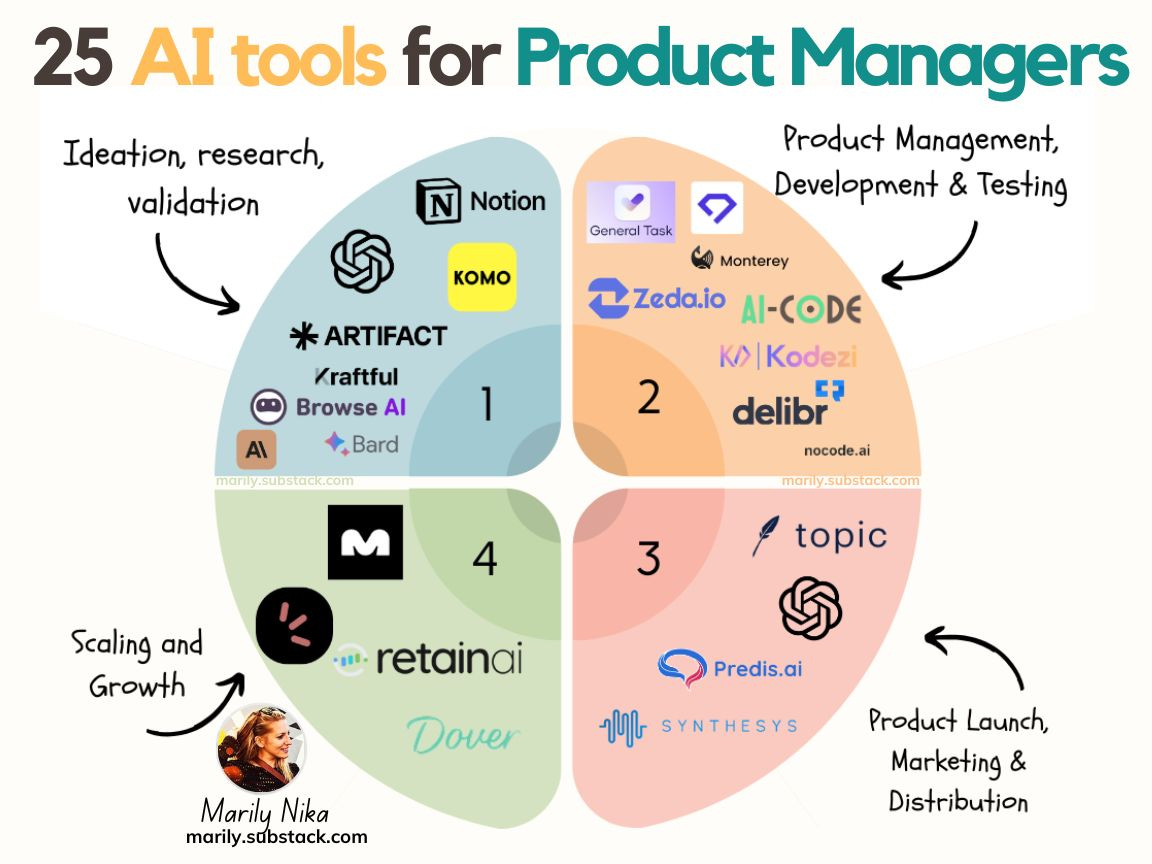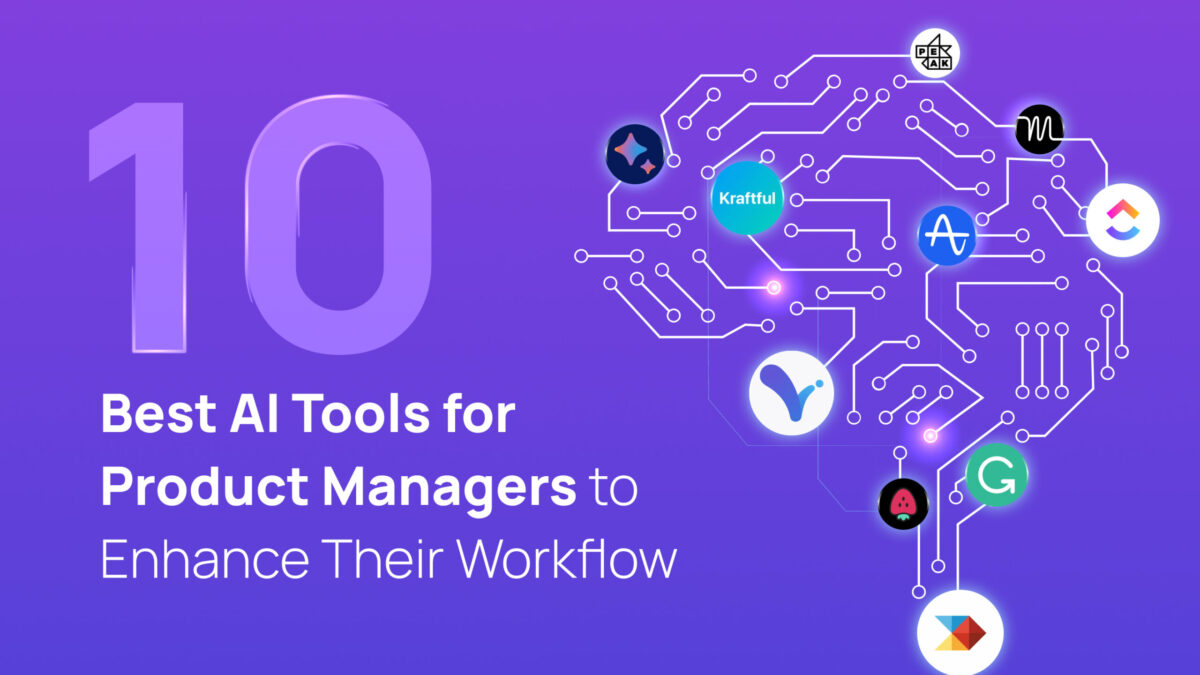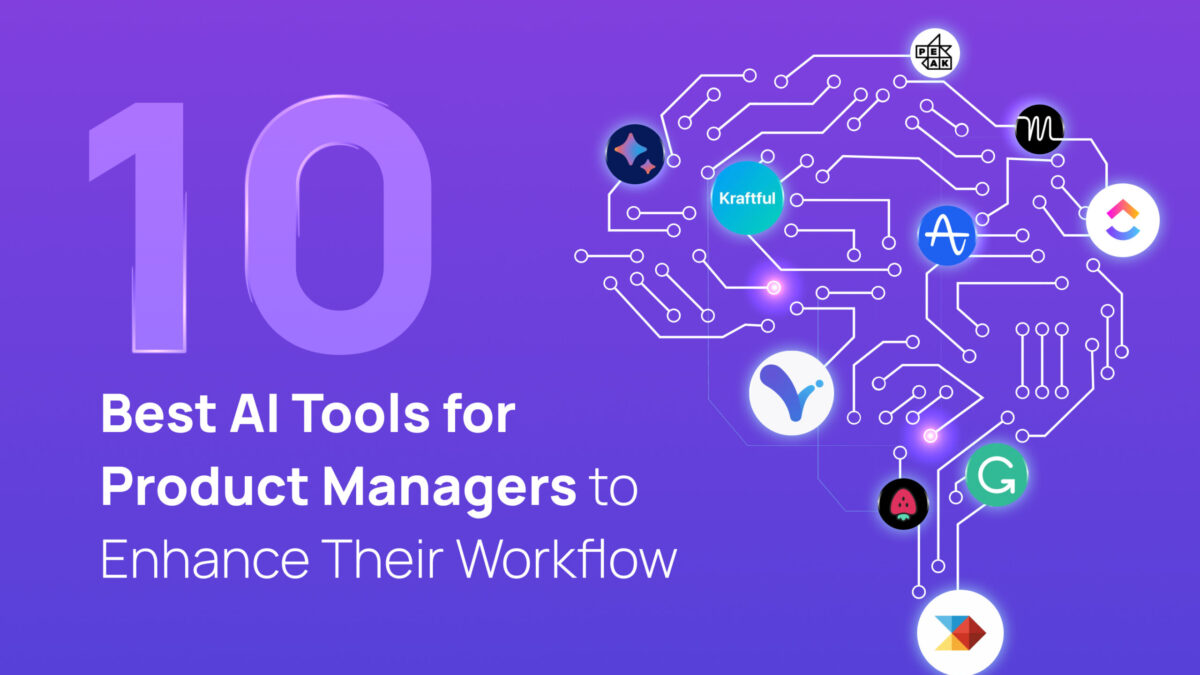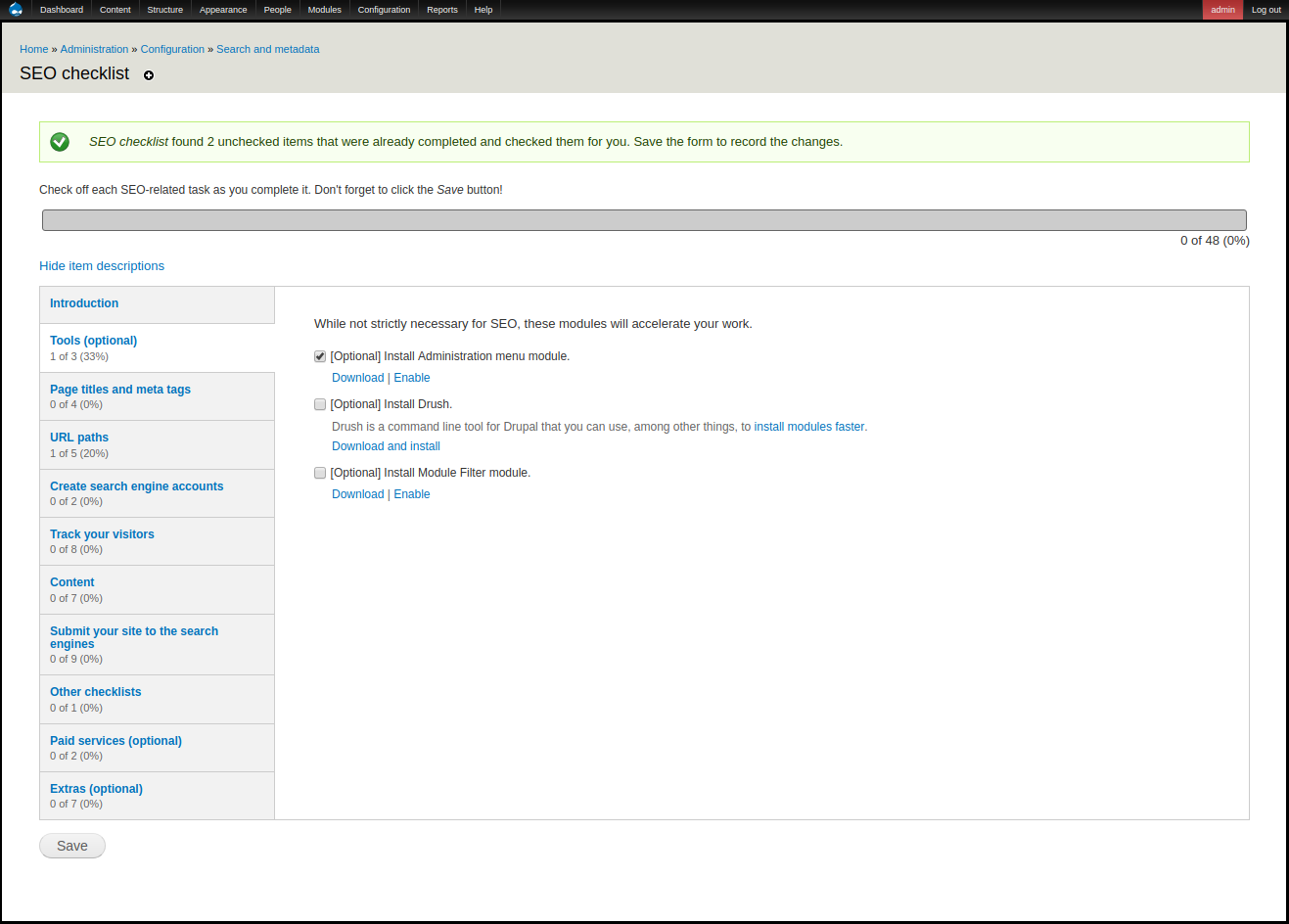The best AI tools for product managers include Asana, Trello, and Notion. These platforms enhance project management, streamline workflows, and facilitate collaboration.
Product managers face numerous challenges in today’s fast-paced environment. They need to balance team dynamics, project timelines, and customer feedback. AI tools can significantly ease these burdens by automating repetitive tasks and providing valuable insights. From managing tasks to analyzing user data, these tools enhance productivity and decision-making.
Whether you’re overseeing a new product launch or refining an existing one, leveraging the right AI technology can lead to better outcomes. Embracing these innovations not only saves time but also fosters a more collaborative atmosphere, allowing product managers to focus on strategic initiatives and innovation.
—
Introduction To Ai In Product Management
AI tools are changing how product managers work. These tools help create better products and understand customer needs. The shift towards digital is crucial for modern businesses.
AI helps gather data quickly. It analyzes trends and predicts what users want. Product managers can make decisions based on this information. This leads to smarter strategies and improved product development.
Using AI tools saves time. They automate many tasks, allowing managers to focus on important work. This efficiency makes teams more productive and effective.
—
Essential Ai Tools For Product Managers
Data analysis and interpretation are crucial for product managers. AI tools help in making sense of large data sets. They can reveal trends and patterns quickly. With these tools, teams can save time and make better decisions.
Customer feedback is vital for improving products. AI tools analyze this feedback efficiently. They can detect sentiments from reviews and surveys. This helps managers understand customer needs clearly. Using AI for sentiment analysis can lead to better product updates.
—
Enhancing Decision Making With Ai
Predictive analytics plays a key role in enhancing product development. It helps managers understand future market trends. By analyzing past data, AI tools can predict consumer behavior. This leads to better decision-making.
Understanding market trends is crucial for any product manager. AI tools can identify patterns that show how consumers think. This information helps teams create products that meet customer needs.
Using AI for consumer behavior analysis can reveal valuable insights. Managers can tailor products based on what customers want. This increases the chances of success in the market.

—
Streamlining Product Design And Development
Automated design tools help product managers create amazing designs quickly. They save time and reduce human error. Tools like Figma and Adobe XD use AI to enhance creativity. These platforms allow easy collaboration among teams.
Rapid prototyping with AI makes testing ideas faster. Product managers can build models in minutes. Tools like InVision and Sketch enable quick feedback. This helps teams adjust designs based on user needs.
| Tool | Feature |
|---|---|
| Figma | Real-time collaboration |
| Adobe XD | Interactive prototypes |
| InVision | User testing features |
| Sketch | Intuitive interface |
—
Improving User Experience With Ai
Personalization engines help tailor experiences for users. These tools analyze data to understand preferences. They create unique recommendations based on user behavior. This leads to higher engagement and satisfaction.
Chatbots for customer interaction improve communication. They answer questions quickly and accurately. Chatbots are available 24/7, providing instant support. This reduces wait times and enhances user experience.
By using both personalization engines and chatbots, product managers can significantly boost user satisfaction. Customers feel valued and understood. Implementing these tools can lead to better retention rates.
—
Ai In Project Management
AI tools can greatly enhance task automation and scheduling. These tools help save time. They can assign tasks automatically based on team members’ skills. This means fewer mistakes and more efficiency.
Resource allocation benefits from AI too. AI analyzes data to find the best resources. This leads to optimal use of time and materials. Managers can see where resources are needed most.
| AI Tool | Feature |
|---|---|
| Tool A | Automated task assignment |
| Tool B | Resource optimization |
| Tool C | Schedule management |
—
Challenges And Considerations
Ethical implications of AI are very important for product managers. Transparency and accountability are key concerns. AI systems should be clear about their decisions. This helps build trust with users.
Ensuring data privacy and security is crucial. User data must be protected at all costs. Implement strong encryption methods to safeguard information. Regular audits can help detect any vulnerabilities. Always inform users about data usage. Clear privacy policies promote confidence in your product.
—
The Future Of Ai In Product Management
The future of AI in product management is bright. Emerging technologies will change how teams work. AI tools can help managers make better decisions. These tools analyze data quickly and accurately.
Preparing for an AI-driven future means understanding these changes. Training teams to use AI tools is essential. This knowledge will empower product managers. They can meet customer needs more effectively.
| AI Tool | Benefit |
|---|---|
| Chatbots | Improve customer support |
| Data Analytics | Make data-driven decisions |
| Predictive Analysis | Forecast market trends |

—
Frequently Asked Questions
What Are The Top Ai Tools For Product Managers?
Some of the top AI tools for product managers include Trello, Monday. com, and Jira. These tools help streamline project management and improve team collaboration. Additionally, tools like Pendo and Productboard offer insights into user behavior and feature prioritization, enhancing decision-making for product managers.
How Can Ai Improve Product Management Processes?
AI can significantly enhance product management processes by automating repetitive tasks and providing data-driven insights. It helps in analyzing customer feedback and market trends quickly. This enables product managers to make informed decisions and prioritize features that align with user needs, ultimately improving product quality and user satisfaction.
Are Ai Tools Easy To Integrate Into Existing Workflows?
Yes, many AI tools are designed for easy integration into existing workflows. They often offer APIs and plugins for popular platforms. This seamless integration helps teams adopt AI tools without major disruptions, allowing for enhanced productivity and collaboration without the steep learning curve often associated with new software.
What Features Should Product Managers Look For In Ai Tools?
Product managers should look for features like data analytics, user feedback tracking, and project management capabilities. Additionally, tools that offer automation and integration with other software are valuable. These features help streamline processes and enable better decision-making, ultimately leading to more successful product outcomes.
—
Completion
Choosing the right AI tools can significantly enhance a product manager’s workflow. These tools streamline tasks, improve decision-making, and foster collaboration. By integrating them into your processes, you can drive innovation and efficiency. Embrace these technologies to stay ahead in the competitive landscape of product management.
Your success depends on it.




Leave a Reply